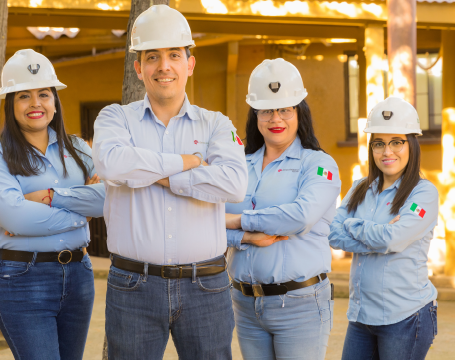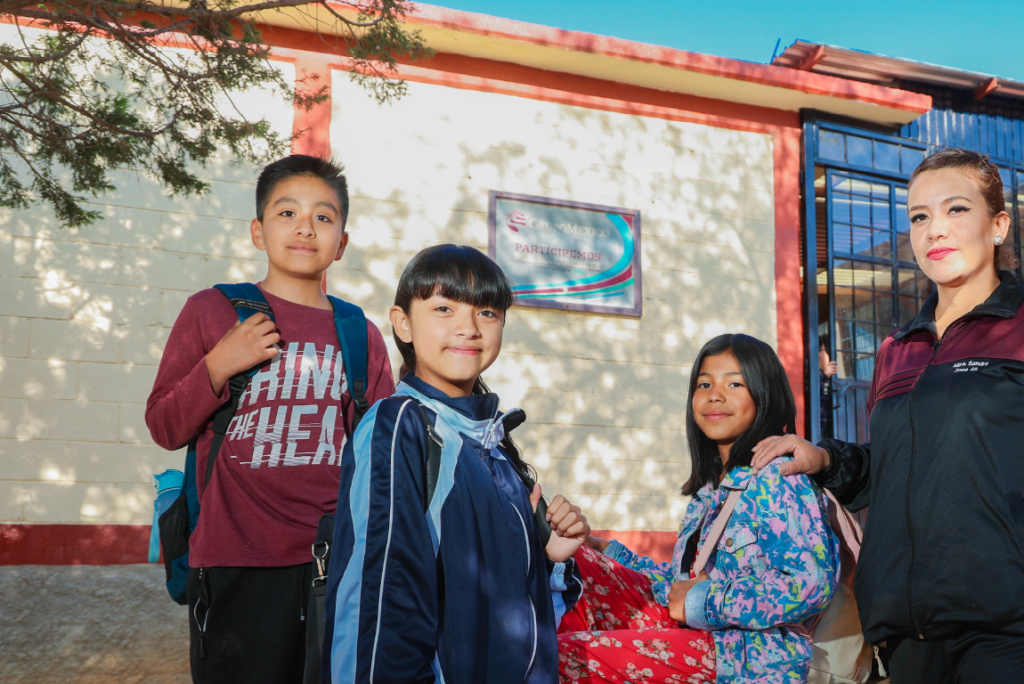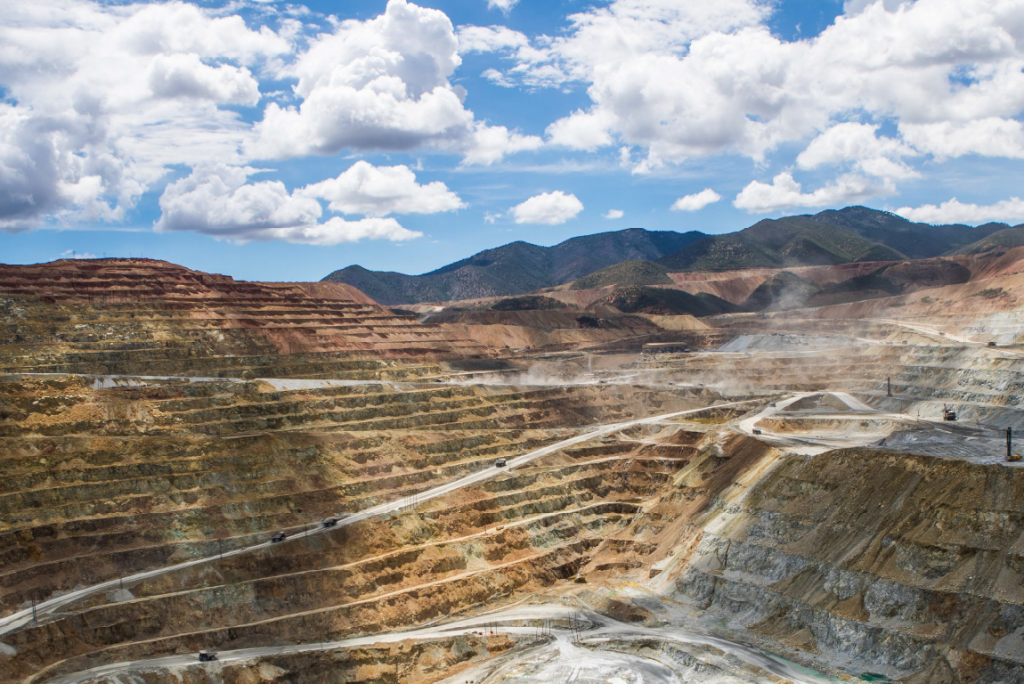
At Grupo México, we respect and promote the human rights of all our personnel, our neighbor communities and our suppliers and contractors, in adherence of the legal framework in the countries where we operate.
We are committed to establishing due diligence processes with 4 main groups to identify, prevent, mitigate and, where necessary, remediate potentially adverse impacts on human rights at all our operations.




For more information, see Management Approach







































